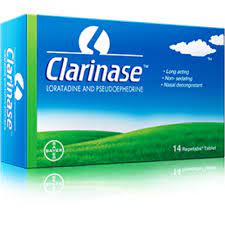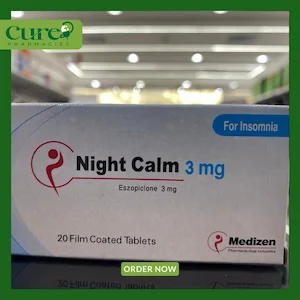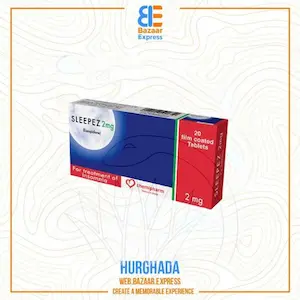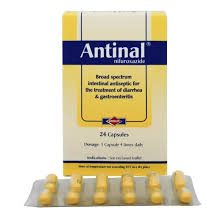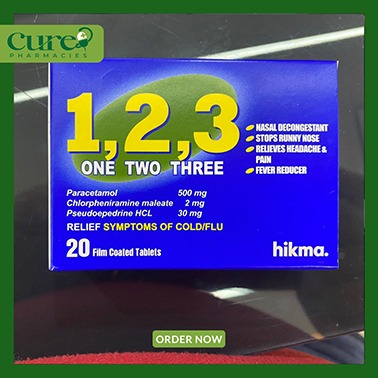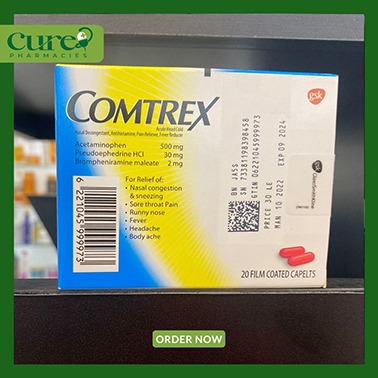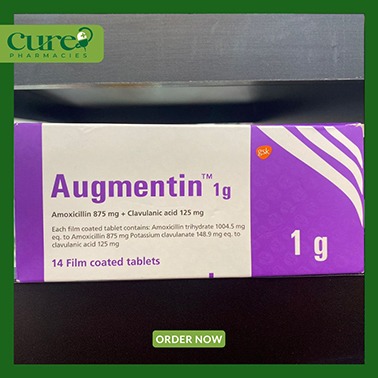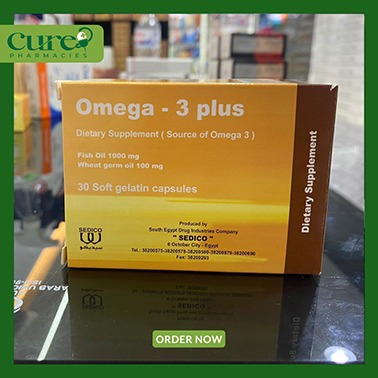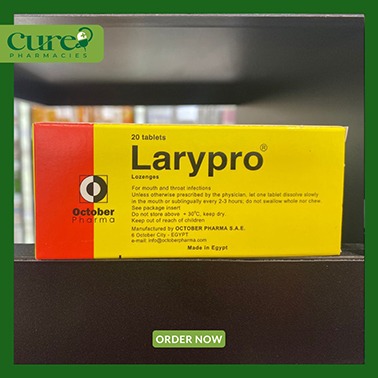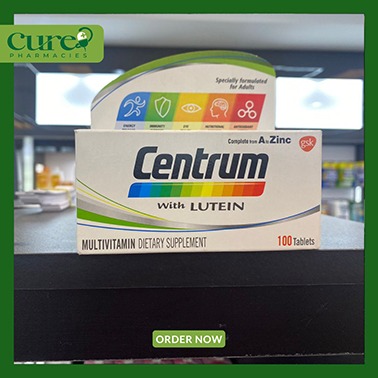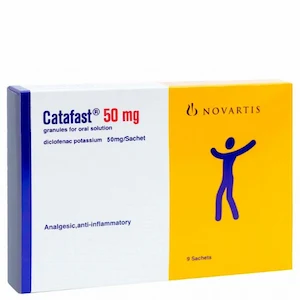

Catafast - 50 mg 9 Sachets
-
$ 2.00
-
$ 3.00
-
$ 2.00
-
$ 2.00
-
$ 3.00
Reviews & Ratings
Catafast - 50 mg 9 Sachets
For the short-term treatment of the following acute conditions:
• post-traumatic pain, inflammation and swelling, for example due to ligament injury
• postoperative pain, inflammation and swelling, such as after dental or orthopedic surgery
• pain and/or inflammation accompanying gynecological diseases, such as primary dysmenorrhea or adnexitis
• headache, migraine attacks
• toothache
• pain syndromes from the spine
• pain in muscles and joints
• neuralgia
• rheumatic diseases of extra-articular soft tissues
• proctitis
• renal colic
• biliary colic
• as an aid in infectious and inflammatory diseases of the ear, throat and nose, such as pharyngotonsillitis, otitis media, accompanied by severe pain and inflammation
Tradename: Catafast
Catafast
* Compound: Each sachet contains:
Diclofenac 50 mg
* Auxiliary components:
Potassium hydrogen carbonate, mannitol, aspartame, sodium saccharin, sucrose, mint flavor.
* Properties: NSAIDs, a derivative of phenylacetic acid. It has a pronounced analgesic, anti-inflammatory and antipyretic effect. Due to the rapid onset of action, the use of diclofenac potassium salt is preferred for the treatment of acute pain and inflammatory conditions.
The main mechanism of action of diclofenac is the inhibition of the synthesis of prostaglandins, which play an important role in the pathogenesis of inflammation, pain and fever.
In vitro, diclofenac potassium at concentrations equivalent to those achieved in the treatment of patients does not inhibit the biosynthesis of cartilage proteoglycans.
Diclofenac potassium has a pronounced analgesic effect in moderate and severe pain syndrome. In the presence of inflammation caused, for example, by trauma or surgery, it quickly eliminates both spontaneous pain and pain during movement, and also reduces inflammatory swelling of tissues and swelling in the area of the surgical wound.
In clinical studies, it was found that diclofenac potassium is able to reduce pain and reduce blood loss in primary dysmenorrhea.
With migraine attacks, it reduces the severity of headache and associated symptoms such as nausea and vomiting.
After oral administration, the therapeutic effect develops after 15-30 minutes, the effect lasts for 4-6 hours.
* Indications: • For the short-term treatment of the following acute conditions: post-traumatic pain, inflammation and swelling, for example due to ligament injury
• postoperative pain, inflammation and swelling, such as after dental or orthopedic surgery
• pain and/or inflammation accompanying gynecological diseases, such as primary dysmenorrhea or adnexitis
• headache, migraine attacks; toothache
• pain syndromes from the spine
• pain in muscles and joints
• neuralgia; rheumatic diseases of extra-articular soft tissues
• proctitis
• renal colic
• biliary colic
• as an aid in infectious and inflammatory diseases of the ear, throat and nose, such as pharyngotonsillitis, otitis media, accompanied by severe pain and inflammation
* Method of application and dose: The optimal dosage regimen is determined by the doctor. Compliance of the dosage form of a particular drug with indications for use and dosing regimen should be strictly observed.
inside.
In case of moderate severity of symptoms, the daily dose is 50-100 mg (depending on the dosage form of the drug). The maximum daily dose should not exceed 150-200 mg.
The frequency of admission depends on the severity of the course of the disease and is 2-3 times / day.
* Contraindications: Hypersensitivity (including to other NSAIDs)
• history of asthma attacks, urticaria or acute rhinitis caused by taking acetylsalicylic acid or other NSAIDs
• peptic ulcer of the stomach or ulcerative lesion of the intestine in the acute phase
• ulcer bleeding or perforation
• inflammatory bowel disease (Crohn disease, ulcerative colitis) in the acute phase
• severe liver failure
• active liver disease
• severe renal failure (CC less than 30 ml / min)
• progressive kidney disease
• confirmed hyperkalemia
• severe heart failure
• period after coronary artery bypass grafting
• violations of hematopoiesis
• various disorders of hemostasis (including hemophilia)
• III trimester of pregnancy
• lactation period; children age up to 14 years
* Precautionary measures: Special care should be taken when using diclofenac potassium in patients receiving drugs that increase the risk of gastrointestinal bleeding: systemic corticosteroids, anticoagulants, antiplatelet agents or selective serotonin reuptake inhibitors.
With the development in patients against the background of the use of diclofenac potassium, bleeding or ulceration of the gastrointestinal tract, the drug withshould be cancelled.
To reduce the toxic effect on the gastrointestinal tract, diclofenac potassium should be prescribed in the minimum effective dose.
* Side effects: From the nervous system: often - headache, dizziness; rarely - drowsiness;
On the part of the organ of hearing and labyrinth disorders: often - vertigo; very rarely - hearing impairment, tinnitus.
From the digestive system: often - dry mouth, abdominal pain, nausea, vomiting, belching, heartburn, diarrhea, dyspepsia, flatulence, anorexia, increased activity of hepatic transferases in the blood serum; infrequently - loss of appetite, anorexia.
* Storage method: At a temperature not higher than 30 degrees. In a dry place.
* Package: Each package contains 9 sachets.
Related products
One Two Three 1 2 3 Tablets
Comtrex tablets
Augmentin 1 gm Tablets
Omega-3 Plus - 30 Capsules
Perfectil tablet
Larypro 20 Lozenges
Centrum 100 tablets
Product Queries (0)
Login Or Registerto submit your questions to seller
Other Questions
No none asked to seller yet
-
$ 2.00
-
$ 3.00
-
$ 2.00
-
$ 2.00
-
$ 3.00
Bazaar Express: Online Marketplace for All Your Shopping Needs
New Feature! Now offering international shipping for products not restricted by Egyptian law. Shipping costs are to be covered by the customer, and payment will be made in advance through PayPal or bank transfer. Special rates available for bulk orders.
- Please Note: Medications are prohibited from international shipping.
- International shipping costs approximately $25 for up to 2 kilograms.
- For deliveries within Egypt, we offer shipping at a nominal rate.
- Contact us via WhatsApp at +201503555598 for more details.
- Special Offer! Free shipping to all suburbs of Hurghada.
Bazaar Express: Online Marketplace for All Your Shopping Needs

